Children’s Futures Plan
Our children’s futures are always a priority. There is not one person, with or without children, that does not want the next generation to be able to thrive in a world better than the one they grew up in. Today, we know this action must be immediate and thoughtful. First and foremost, we need to invest in economic security for all families.
Sections of the Children’s Futures Plan:
Invest in Economic Security for Our Families
Invest in Our Children’s Futures
Promote Social Connection
Ensure a Vibrant, Livable City
Safe and Thriving Campuses
Invest in Economic Security for Our Families
When families have stable jobs and homes, children have the solid foundations they need to grow, learn, make mistakes, and create.
Access to Capital
Work with the City Council on a universal basic income pilot program for under-resourced families, using St. Paul’s “People’s Prosperity Guaranteed Income Pilot” as a model.
Quality Educational Opportunities
Partner with the Minneapolis Public Schools to increase implementation of Full-Service Community Schools
Expand the Stable Homes, Stable Schools program to help ensure every kid in the city has a safe, stable place to call home as a foundation of learning
Work with the City Council on a universal college savings program for Minneapolis residents, using St. Paul’s “CollegeBound” program as a model and in collaboration with the “MNSaves” 529 college savings plan program
Invest in Our Children’s Futures
Launch an expanded Office of Violence Prevention Initiative for young men ages 10-26 in under-resourced communities: “Claim Our Future”
Current Programming:
OVP operates under a model of breaking the cycle of violence at three distinct points: “Up Front,” “In the Thick” and “Aftermath”
Youth become eligible for OVP programming partially through proactive outreach (approaching young people in public spaces in their neighborhood, or via their coaches if they are an athlete at North, Henry or Edison), but most become eligible through referral or prior involvement with the criminal justice system
Our Proposal: Expand the Office of Violence Prevention’s current programming to form a broader-reaching, more holistic citywide initiative
Adopt a “Project Success”-type model with Minneapolis Public Schools where boys from adolescence to adulthood receive programming centered on leadership, personal growth, and community connectedness
The initiative would rely on public-private partnerships (in collaboration with community organizations) to connect young men to:
Mentorship programs
Wraparound services, including adverse childhood experience (ACE) screenings and trauma-informed cognitive behavioral therapy
Summer and year-round employment opportunities
Promote Social Connection
Dramatically increase funding for MPRB, with the intention of expanding early childhood and youth programming. Ensure universal accessibility by raising the income maximums for the MPRB Recreation Assistance Program, streamline the application process and launch a targeted public awareness campaign on the program.
Expand existing City of Minneapolis and MPRB social programming in neighborhoods highly impacted by crime, such as Open Streets and “Music and Movies in the Park”
Ensure a Vibrant, Livable City
We know the climate changes put our children’s future at stake. With climate resiliency plans for Minneapolis, we can be a blueprint to the rest of the world on how to navigate our climate crisis.
Complete a citywide climate vulnerability assessment.
Create a Minneapolis climate adaptation and resilience strategy as part of the City’s updated climate action plan.
Develop community climate resilience communication tools so residents are able to make good health and wellbeing decisions in the face of climate impacts.
Safe and Thriving Campuses
Develop working relationships with administration and student campus leadership and have an open line of communication with regular check ins annually.
Collaborate with student leadership at the University of Minnesota to help advance their effort to expand the affordable access to metro transit to tackle food insecurity.
Work with Student Leadership at the University of Minnesota to continue advocating for an increase of minimum wages to align with the City of Minneapolis, whether that is through advocating at the capitol or engagement with University Administration.
Housing
Prioritizing the preservation of naturally occurring affordable housing in and around campus
Incentivising future developments to include a ground level healthy food option like Co-ops or SNAP eligible grocery stores
Ensuring all future developments have an abundance of units that meet student affordability needs - work with planning commission and student leadership to define affordability.
Collaborate with student leadership as they are working to bring mobile food distribution sites and expanding food options to students.
Incentivize Local Markets with grants/capital to supply more SNAP eligible supplies.
Work directly with Hennepin County to:
Increase accessibility to mental health services by increasing funding for the clinics and services that address mental health issues
Adequately fund services for health disparities experienced by marginalized groups
Invest in and ensure access to harm-reduction services and supports and substance-abuse disorder and recovery services
Collaborate with the County, student leadership and Administration to help students who are SNAP/EBT to apply following the current “UMN’s SNAP Notification Program” model.
Expand the availability of 311 services around campus during fall move-in so students know what resources are available to mediate maintenance/safety issues with landlords. Partner with University Student Legal Services to do a “know your rights” campaign educating students on tenant rights




